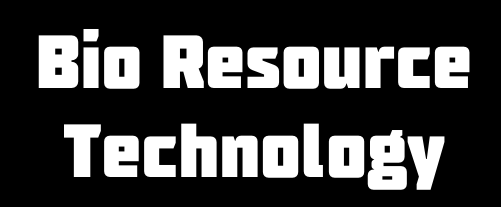Introduction
In today’s fast-paced business landscape, efficiency is key to staying ahead of the competition. With the rapid advancements in technology, businesses are constantly looking for innovative ways to streamline their operations and boost productivity. One such technology that is revolutionizing the way businesses operate is Short AI (Artificial Intelligence).
What is Short AI?
Short AI refers to AI-powered tools and software that are designed to perform specific tasks quickly and efficiently. Unlike traditional AI systems, which are often complex and time-consuming to implement, Short AI focuses on delivering instant results for specific use cases. These tools leverage machine learning algorithms to analyze data, extract insights, and automate processes in a fraction of the time it would take a human to do the same task.
Benefits of Short AI in Business
Short AI offers a range of benefits for businesses looking to maximize efficiency:
1. Speed and Accuracy
One of the key advantages of Short AI is its ability to perform tasks with speed and accuracy. These tools can quickly process large volumes of data, identify patterns, and generate insights in real-time. This allows businesses to make faster decisions based on reliable information, leading to improved performance and competitive advantage.
2. Automation
Short AI tools are designed to automate repetitive tasks, freeing up employees to focus on more strategic initiatives. By automating manual processes such as data entry, analysis, and reporting, businesses can save time and resources while minimizing errors. This not only increases efficiency but also enhances employee satisfaction by allowing them to work on more valuable tasks.
3. Personalization
Short AI can also be leveraged to deliver personalized experiences for customers. By analyzing customer data and behavior, businesses can tailor their marketing campaigns, product recommendations, and customer service interactions to meet individual needs and preferences. This level of personalization not only enhances customer satisfaction but also drives engagement and loyalty.
4. Cost-Effectiveness
Implementing Short AI tools can lead to cost savings for businesses in the long run. By automating manual tasks and improving operational efficiency, businesses can reduce labor costs, minimize errors, and optimize resource allocation. This allows companies to achieve more with less, ultimately improving their bottom line.
Use Cases of Short AI
Short AI can be applied across various industries and business functions to drive efficiency and innovation:
1. Customer Service
Short AI-powered chatbots can handle customer inquiries, provide support, and even complete transactions in real-time. This not only improves customer satisfaction but also reduces the workload on human agents, allowing them to focus on more complex issues.
2. Marketing and Sales
Short AI tools can analyze customer data to identify trends, predict buying behavior, and personalize marketing campaigns. This helps businesses target the right audience with the right message at the right time, leading to higher conversion rates and revenue growth.
3. Operations and Supply Chain
Short AI can optimize supply chain operations by forecasting demand, managing inventory, and automating logistics. This improves efficiency, reduces costs, and ensures timely delivery of products and services to customers.
4. Finance and Accounting
Short AI tools can streamline financial processes such as invoicing, budgeting, and expense tracking. By automating these tasks, businesses can improve accuracy, compliance, and decision-making in their financial operations.
FAQs about Short AI in Business
1. How is Short AI different from traditional AI?
Short AI is focused on performing specific tasks quickly and efficiently, whereas traditional AI systems are more complex and general-purpose.
2. What are some popular Short AI tools for businesses?
Some popular Short AI tools for businesses include chatbots, predictive analytics software, and robotic process automation platforms.
3. How can businesses implement Short AI effectively?
Businesses can implement Short AI effectively by identifying specific use cases, selecting the right tools, training employees, and continuously monitoring and optimizing performance.
4. What are the key considerations for choosing a Short AI tool for a business?
Key considerations for choosing a Short AI tool include the compatibility with existing systems, ease of implementation, scalability, cost-effectiveness, and potential for ROI.
5. Can Short AI replace human employees in business operations?
While Short AI can automate repetitive tasks and improve efficiency, it is not intended to replace human employees. Instead, it can augment human capabilities and free up employees to focus on more strategic and creative tasks.
Conclusion
In conclusion, Short AI offers a powerful solution for businesses looking to maximize efficiency, streamline operations, and drive innovation. By leveraging the speed, accuracy, automation, and personalization capabilities of Short AI tools, businesses can gain a competitive edge in today’s digital economy. With the right strategy and implementation, Short AI has the potential to transform how businesses operate and deliver value to customers.
